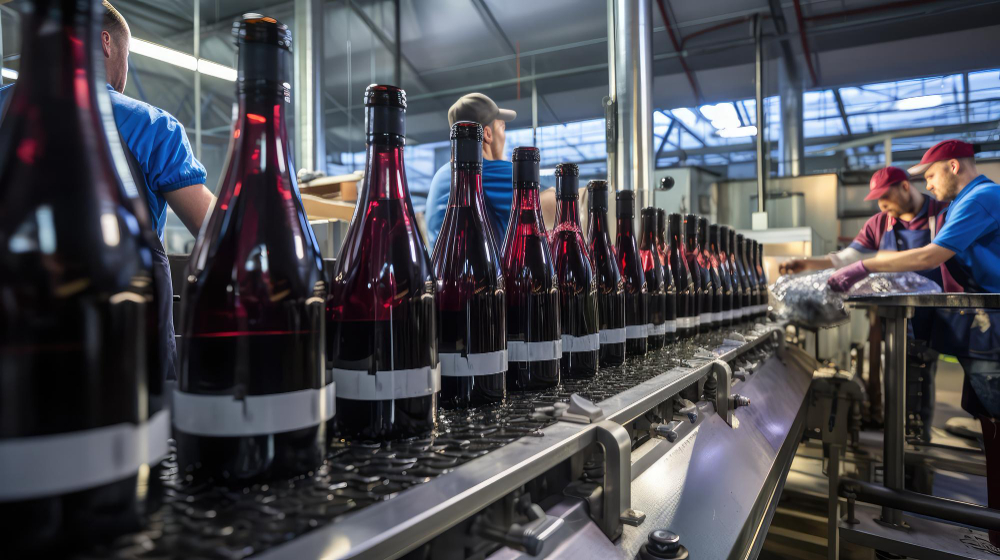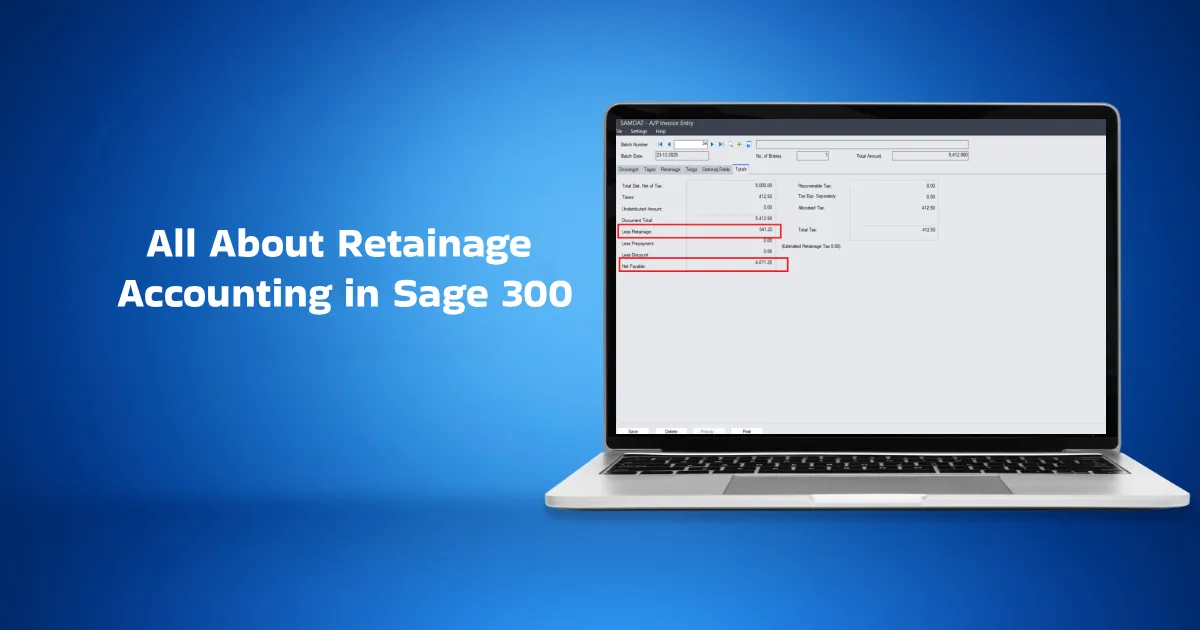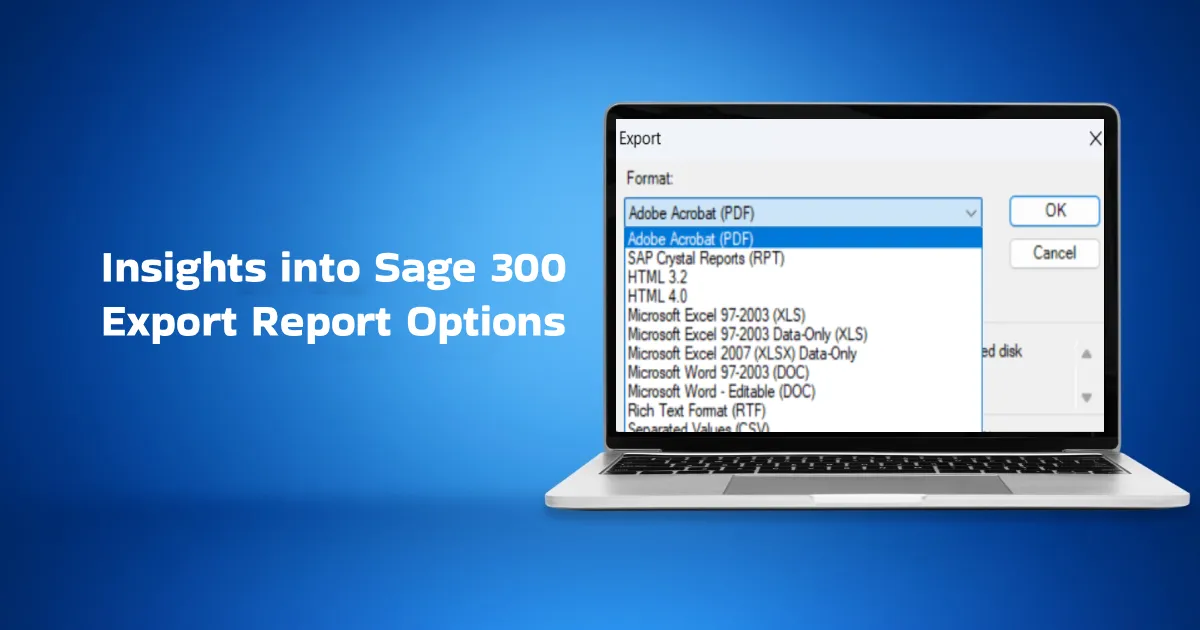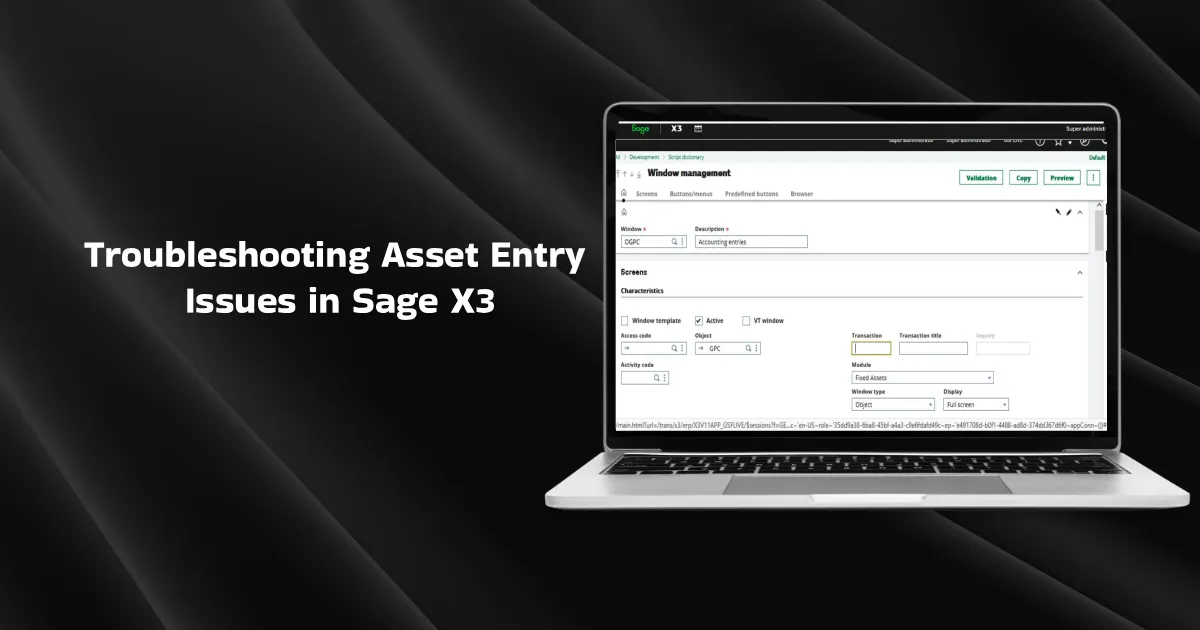What is ERP for Wine Industry?
ERP for wine industry is a specialized software that manages all aspects of the winery industry, alleviates labor-intensive tasks, streamlines workflows, and accelerates report generation for fast & smart decision-making. It provides customized capabilities to free up your employees for more pertinent operations.
ERP software comes with mission-critical tools for winery businesses to measure sales across their different marketing channels, schedule volume production activities, make highly accurate demand forecasts, streamline financial reporting, and foster growth. It provides end-to-end documenting of all quality measurements to ensure consistency in the quality & taste.
Overview of Growing Wine Industry
The Wine and Spirits Industry is booming industry and has become one of the growing sectors around the world that has a share in the economy of the country. With the changing consumption pattern and lifestyle of the people, India is also experiencing surge in wine consumption and production. The industry has witnessed noticeable increase in the last few years due to changing consumer preference, growing wine culture, and increasing disposable income. According to a news report published in the Business Line, India’s wine industry is estimated to be around Rs. 1400 Crore in size. It is expected to grow at a CAGR of 20% and reach Rs. 3500 Crore by 2028.
Historically, wine production was known as Viticulture that involves various events related to the winemaking like production, selecting, grading and packaging of grapes that ultimately are made into wine. This is a vital transition in wine production process.
Since this needs a lot of care towards the inventory, packaging and supply of raw materials and goods, the management needs to monitor all the processes very closely and needs to update it on a micro level basis. With a rapidly growing export sector, expanding domestic consumer market, wine industries have achieved a potential to be global market competitor.
« You May Also Like:- ERP for Breweries & Distilleries »
Challenges faced by Wine Industry
Wine manufacturing undergoes extensive processes like tracking grape farming, monitoring fermentation and tracing bulk wine to become bottled products. The company faces unique challenges to overcome and become profitable, while maintaining the upmost standard of the product. Businesses struggle to keep adequate records of production, physical inventories, distribution, sales data, prevent data entry errors and manage finance.
⇒ Below are the most commonly faced challenges by wine business:
1. Seasonal Production:
Wineries are highly seasonal and depends majorly on harvest season. The changing climatic season also leads towards changed harvesting which impacts the wine industry. The seasonal changes lead to increased challenges in managing the inventory levels accordingly, production schedules and sales processes. Thus, it needs a flexible system to forecast and manage the data and inventory accordingly.
2. Fragmented industry:
With a lot of small and medium-sized wineries, wine industry is highly fragmented. This creates challenges in managing data, integrating processes, and sharing information.
3. Regulatory compliance:
The wine and spirits industry are highly regulated and need to maintain some major compliance requirements and quality standards related to procuring raw material, undergoing production , fragmentation, labeling, bottling, and distribution. This creates challenges in managing compliance, ensuring traceability, and maintaining quality.
4. Tax and Duty Regulations:
Dealing with alcohol, wineries and spirits obviously comes with lot of government taxes and duties. The pricing mechanism and business systems must be according to the regulations, while also maintaining the profitability of the business.
5. Tracking Lot Rotations:
Wines and alcohol shipments are made according to the batch number, also known as a lot rotation. This includes all the information regarding “use by”, “best by”, or “not before” consumption data. The distributor needs to maintain a proper record of the same and also regarding that which customer is getting which lot product. This level of records and maintenance can be done with the help of warehouse management system.
How Sage ERP Overcomes Your Business Challenges?
1. Production Planning & Scheduling
Identify and eliminate bottlenecks in the wine production process. Make better strategies to deal with sudden spikes or drops in the order of your products, unexpected shortages of components, and meet your customers’ needs.
2. Manage Complex Wine Formulas
Managing mass production activities is a complex task requiring rigorous monitoring for quality control at every level. Manage complex recipes and formulas to ensure consistency in the taste & quality of wine throughout the entire production line.
3. Streamline Marketing Activities
Wine ERP software lets you manage different distribution channels, track the effectiveness of your marketing campaigns, and analyze large datasets (such as past order history) to understand customers’ buying patterns.
4. Improved Stock Control
Automate management of your inventory to prevent oversight, reduce waste, and increase efficiency. Build comprehensive inventory management strategies to save costs, avoid over-stocking & under-stocking, and enhance cash flow.
5. Data Security
In today’s business landscape, companies have to adhere to strong data security standards and protect customers’ information. Wine ERP software provides data encryption, role-based data access, and other data security mechanisms to stay compliant and prevent data breaches.
Core Benefits of Wine ERP Software
By using ERP in Wine sector, one can use dedicated modules for different departments. Purchasing, transportation, requisitions, workflows, shipments, expenses all could be tracked within the ERP system but into different modules, like finance could be tracked into the accounting module or Procurement into the PO module or Inventory details into the I / C module.
The ERP Implementation will also provide a one core solution implemented to match the workflow of overall Process involved with just few entries and clicks. Different modules of ERP for Wine Industry will help to maintain different sectors on one platform.
Let’s dive into detailed benefits of Winery ERP Software :
1. Better Inventory Management
Wine ERP solution helps in managing the inventory more efficiently, as it provides different tools to work more productively, it gives real time updates on the physical condition of the inventory in the warehouse, also providing details of expiring of the products.
With wine ERP like SAGE X3 & SAGE 300, wineries can track stock levels from anywhere, manage inventory transfers and can monitor the aging process of wines along with its location, ID, lot number, quantity, and much more.
Thus, wineries can plan their production and procurement plan accordingly and minimize waste, cut on costs, and ensure right product right time deliveries, further enhancing customer experience with inventory management system.
2. Improved Planning
ERP Software for Wineries assists with BI and reporting tools which enhances the decision-making process and leads to productive planning. With real time analytical reports, the management can easily look after the business situation and draw plans.
With proper reports and planning, companies can manage error free production orders and supply chain.
3. Streamlined sales process
ERP solution comes with dedicated sales management system. It looks after the order fulfillment and manages customer information, tracks sales data, purchase orders, and monitor customer interactions. It helps the sales team to manage the operations cost & time effectively.
4. Precise financial management
Dedicated accounting software help management have better visibility in the finances, track expenses, manage cash flow and generate financial reports. This helps management make informed cost-effective financial decisions and improve profitability. ERP also assist in multi-state compliance and tax calculation.
5. Better Traceability
ERP provides full visibility and traceability in every single lot of inventory with supply chain management software module, including backward and forward traceability throughout the inventory and distribution. Company can track the journey of wines from grapes to bottle. It assists in whole wine production process, throughout origin, process and bottling.
6. Recipe Management and Quality Control
Manufacturer can maintain alcohol content, formulae and recipes with ERP software. Through proper tracking product remains within parameters of all FDA compliance and nutritional facts further enhancing customer relations.
Sage X3 is a Ready-fit Solution for Wine Businesses in India
Sage X3 is a future-proof solution that offers distinct advantages to wine businesses. It provides a clear & accurate view of company-wide operations, enabling decision-makers to develop realistic & strongly data-driven strategies. It is a business-critical tool that lets you automate every aspect of your business, from manufacturing and distribution to compliance.
Sage ERP is a complete suite of industry-specific modules, which makes it an ideal choice for wine businesses across India who want to fulfil their orders quickly, diversify sales channels, maintain consistency in the quality, reduce waste, and improve profitability.
Frequently Asked Questions (FAQs)
1. What are the key features of Wine ERP Software?
The following are the key features of the Wine Enterprise Resource Planning system:
- Formula & recipe management
- Inventory planning & management
- Supplier management
- Reporting & analytics
- Sales and e-commerce management
- Supply chain management
2. What are the popular examples of Wine ERP Software?
Here are the most popular ERP for wine industry:
- Sage X3
- SAP Business One
- Deacom ERP
- Epicor Kinetic
- Quickbooks ERP







